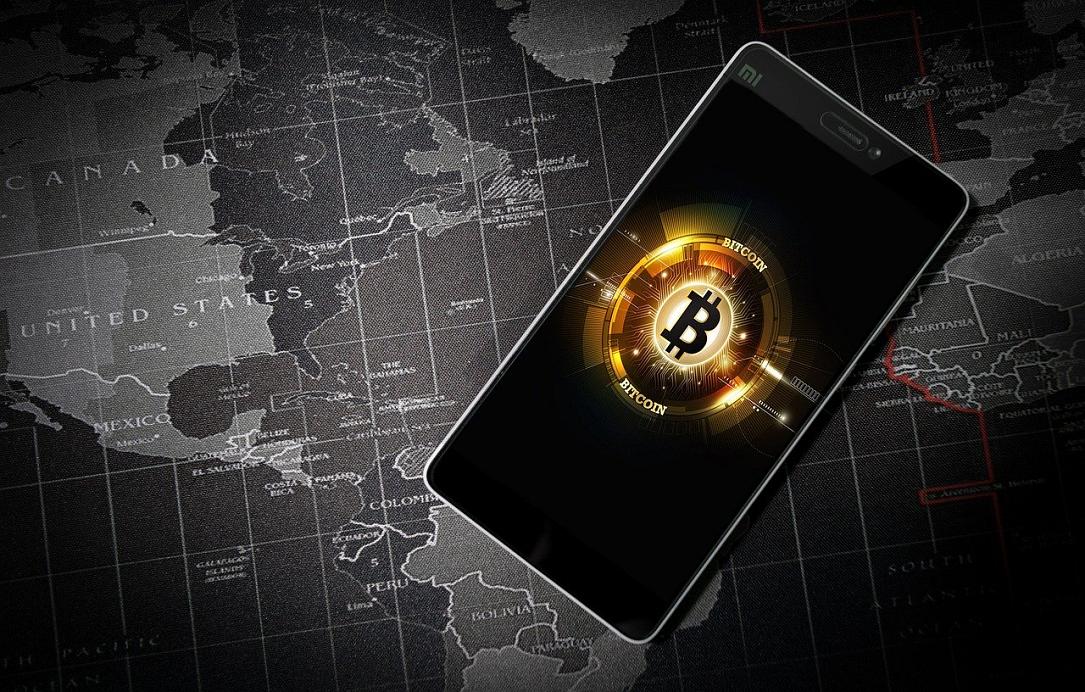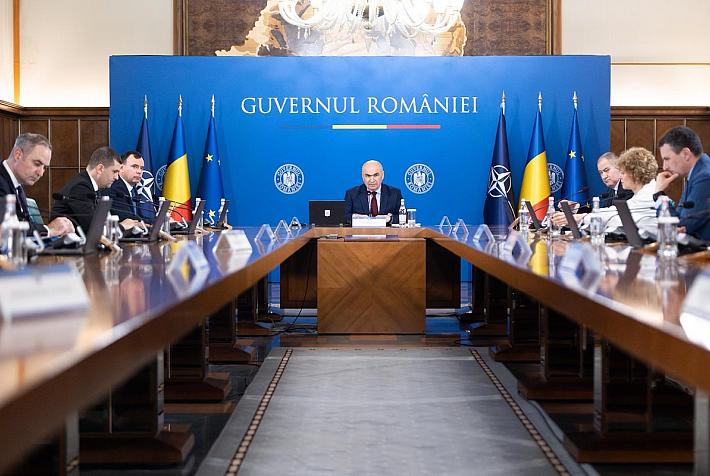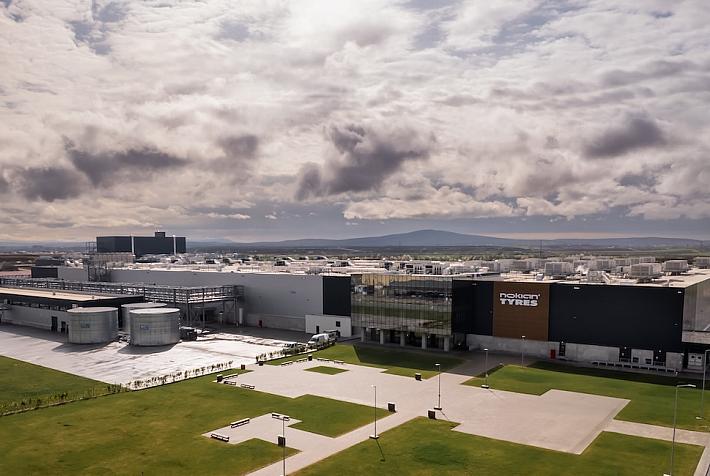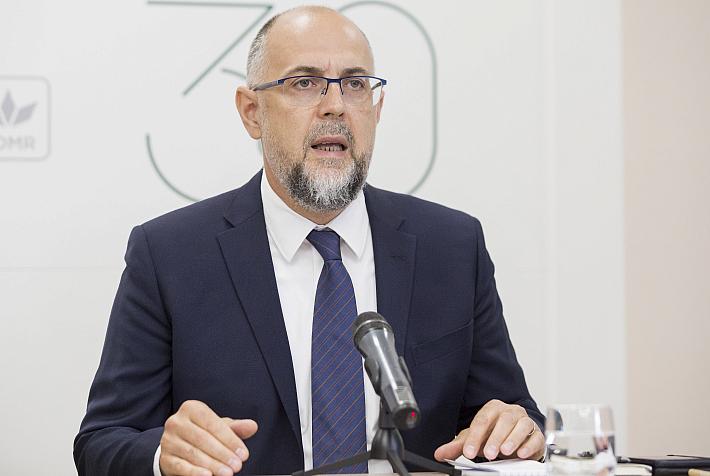How does Bitcoin help the poor? (press release)

Experts argue Bitcoin can facilitate the rapid creation and distribution of wealth. Find out how Bitcoin can help the poor.
Bitcoin has experienced immense growth in the last decade, attaining more than $1 trillion market capitalization. It is the undisputed king of the crypto world, driving the adoption of virtual currencies worldwide. While the revolution began in the developed world, the developing economies in Latin America, Asia, and Africa are now leading the Bitcoin adoption.
Those economies also account for the world’s poorest populations, heavily dependent on foreign aid. Many governments, institutions, merchants, and individuals in the developing economies have increasingly embraced Bitcoin as a more reliable, secure, and cheaper transaction currency. Bitcoin’s growth has even inspired some governments to create independent crypto. The following article explores how Bitcoin helps the poor.
Vast Money-making Opportunities
One of the most significant challenges experienced in developing economies is the high unemployment rates. Besides, they also share lower education standards, and accessibility to capital is pretty limited. Bitcoin can help those people by creating vast economic opportunities that do not require high academic qualifications or enormous wealth.
Bitcoin has a financial aspect and it can be used for investing and trading. For others, who want to diversify their investment can also invest in stocks. Moreover, stockhax.com can help with its stock market news and investment strategy guides.
Several other ways exist for earning Bitcoin, including crypto mining, Bitcoin faucets, and affiliate marketing. Small to medium businesses can also adopt Bitcoin as payment and a store of value to increase their profitability. Overall, Bitcoin inspires robust and all-inclusive economic opportunities, essential to reducing poverty worldwide.
Convenient and Low-cost International Remittances
A more significant percentage of the world’s poorest populations heavily depend on remittances from charity organizations, friends, and relatives abroad to meet basic needs and invest. However, moving money across international borders is usually very expensive and takes several days, weeks, or even months. That is mainly due to government restrictions and institutional bureaucracies.
That has made it extremely difficult for poor populations to improve their living standards over the years. Bitcoin is a decentralized digital currency, not subject to political or institutional influences facilitating transactions on the blockchain without any third party. And this enables prompt money transfers and relatively lower transaction costs.
Thus, Bitcoin enables aid organizations, investors, and individuals to promptly raise and distribute funds to those who need them, improving living standards. Besides, the low-cost Bitcoin transactions also enable businesses and individuals to quickly move money across international borders, facilitating investments and economic growth.
Banking on the Unbanked
The poor populations also lack access to basic banking facilities. Even in the few regions with banking facilities, government restrictions and institutional bureaucracy still make it extremely difficult for the poor populations to access financial services. For example, many developing economies stipulate banks as the custodians of financial transactions. That means those without access to banks cannot transact.
Bitcoin banks on the unbanked, enabling businesses and individuals to access and utilize financial services without going through the banks or other institutions such as money processors. It gives users the desired autonomy to acquire and transfer wealth worldwide.
Bitcoin is a decentralized digital currency, accessible anywhere in the world. Anyone can join the Bitcoin network via a smartphone and an internet connection. Instead of bank accounts, Bitcoin users require crypto wallets that you can even download for free online. That enables the poor people who cannot access banking facilities to transact worldwide.
Bitcoin has unique characteristics that allow it to bypass the various barriers to investments in the traditional financial systems. That impacts its unique potential to alleviate poverty and drive economic growth globally.
This is a Press Release. Here you can order press releases on this site.












